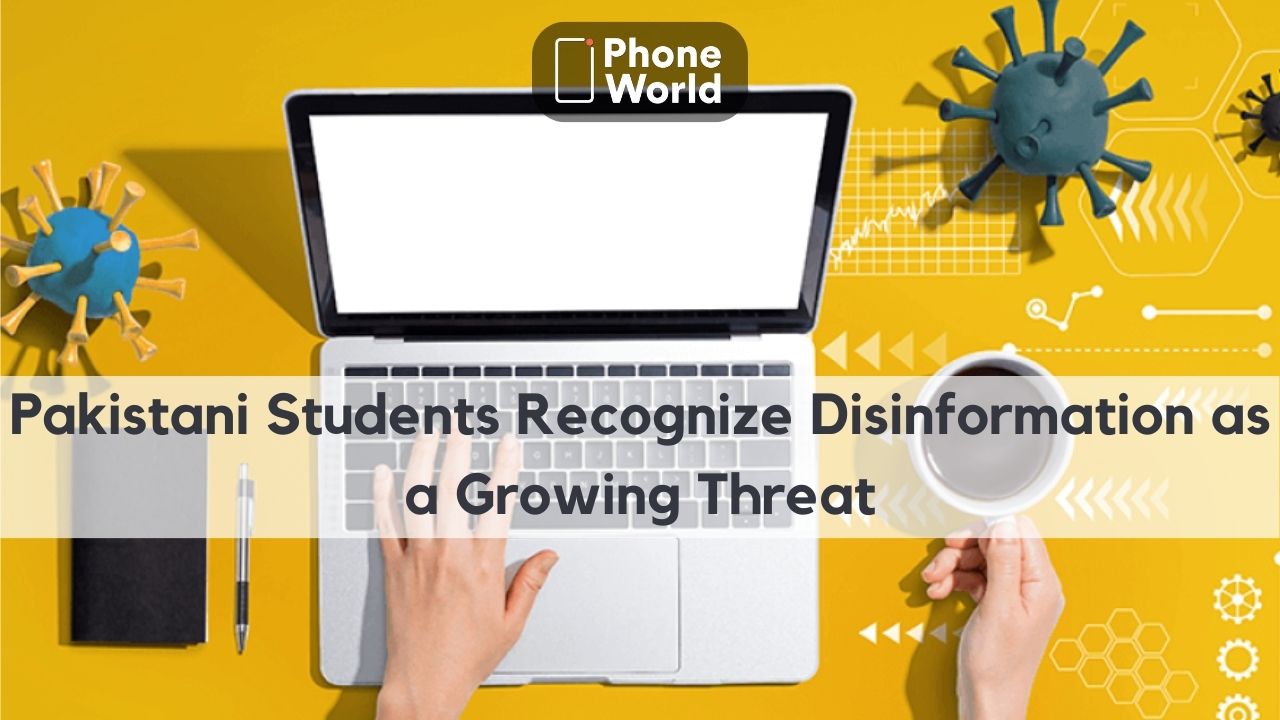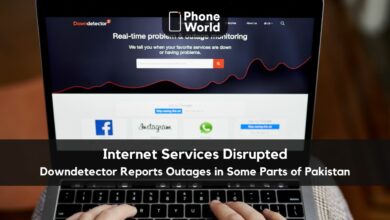How Pakistani Students Confront the Disinformation Menace? Research by CAD
CAD Research about the Disinformation and its impact on Pakistan

In a recent investigative study by the Coalition Against Disinformation (CAD), a collaborative union involving educational institutions, online media, and community organizations, valuable insights have emerged concerning the viewpoints and repercussions of misinformation among university students in Pakistan.
The research engaged the departments of communication and media in ten public and private universities, all of whom actively participated as founding members of CAD. Drawing from a nationwide survey of 1,043 students, the study reveals that 63% of university students come across some form of online misinformation every day.
Crucial discoveries from the study underscore that a substantial majority (81%) of the surveyed young individuals believe that online platforms, especially social media websites, are highly susceptible to the dissemination of disinformation. Around 70% specifically point to Facebook as the most exposed social network to false messages.
Addressing viewpoints, the study uncovers that most students perceive misinformation as deliberately spread to manipulate public opinion, potentially leading to the propagation of disinformation. A significant 62% of the students express concerns that online misinformation “threatens democratic processes and elections”.
The study not only sheds light on the challenges but also explores the trust levels of students with online sources of information. Approximately half of the participants frequently trust information provided by traditional news sources and government websites. Trust in information from content creators and influential personalities was primarily occasional. Nevertheless, the study notes that about 60% of students are more likely to engage with content coming from sources they find reliable.
Pakistan Establishes Special Telecom Tribunal For The First Time In History
A troubling revelation from the study is that fewer than four out of every ten students claimed to verify the information they encounter online. Moreover, a third of the students were unaware of fact-checking tools, and about 41% had never consulted professional fact-checking websites that debunk false claims gaining traction online.
Iqbal Khattak, Executive Director of Freedom Network, the organization overseeing the Coalition, expressed apprehension regarding the findings. He stressed that, despite the youth’s concerns about misinformation, their ability to shield themselves from its harmful effects is restricted.
Khattak emphasized the importance of the study, stating that it provides valuable insights for essential entities such as the Election Commission of Pakistan, political parties, the state, and civil society to tackle challenges related to trust in media, political communication, and impending national events, including elections scheduled in February.
As part of the study’s recommendations, it suggests implementing educational programs on media literacy at universities and integrating fact-checking modules into higher education curricula.
The study also proposes nationwide media literacy campaigns to educate citizens, irrespective of age, about source verification and the critical use of information found online. These measures aim to empower individuals, especially youth, to navigate the digital landscape responsibly and counter the effects of misinformation.
Check Out: Google Launches Election Search Trends Page in Pakistan
PTA Taxes Portal
Find PTA Taxes on All Phones on a Single Page using the PhoneWorld PTA Taxes Portal
Explore NowFollow us on Google News!





